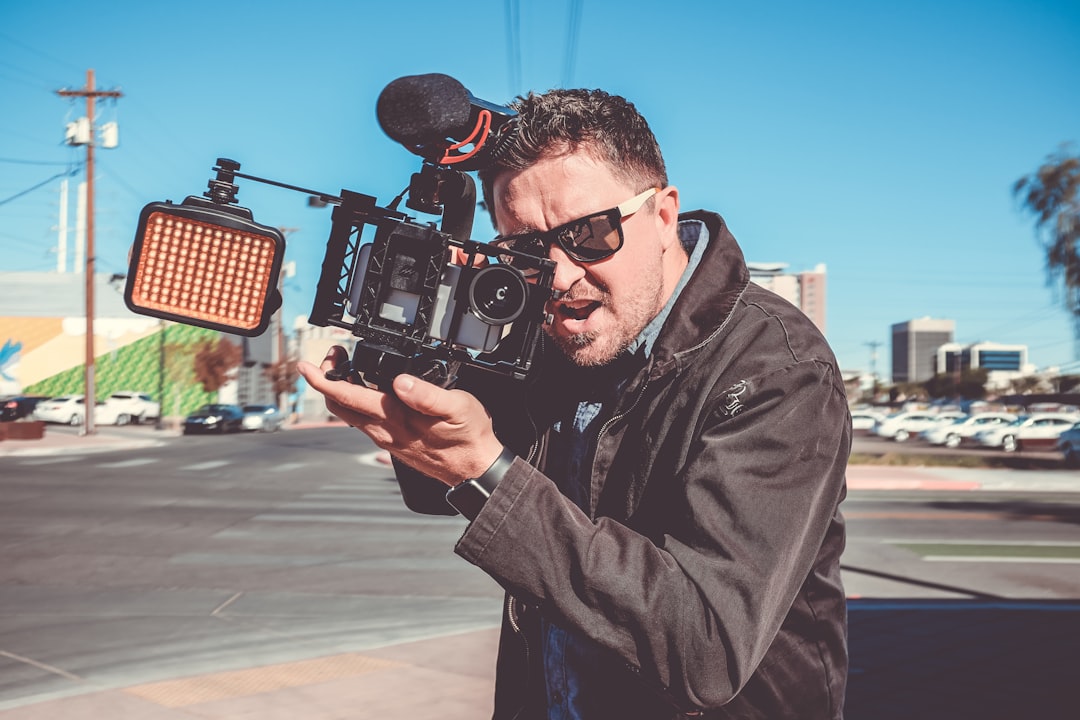Journalist Kairīpoata Pepa
Journalists research and produce stories for websites, print, radio, television and other media.
Journalists may do some or all of the following:
- find and collect news about local or international events and issues
- research and write stories
- interview people and record interviews
- shoot and edit photographs and videos
- present stories on radio or television.
Physical Requirements
Radio and television journalists need to have clear voices.
Useful Experience
Useful experience for journalists includes:
- all types of writing experience
- radio, television or video work
- work involving interviewing people.
Personal Qualities
Journalists need to be:
- enquiring, curious, persistent and patient, with excellent communication skills
- confident and motivated
- good at relationship management
- accurate
- able to accept criticism
- good at time management
- able to work well under pressure.
Skills
Journalists need to have:
- excellent interviewing and reporting skills
- excellent writing skills
- general knowledge of local, national and international affairs
- in-depth knowledge of the area they are covering or specialising in
- research skills
- social and communication skills
- knowledge of media ethics and law
- photography and videography skills.
Conditions
Journalists:
- often work shifts, including early mornings, evenings, weekends and public holidays
- work in newsrooms and offices, and on location
- work in conditions that may be stressful due to deadlines, or distressing if reporting unpleasant events
- may need to work outside in all weather conditions
- may travel locally, nationally and internationally to cover stories.
Subject Recommendations
A tertiary entrance qualification is required to enter further training. Useful subjects include te reo Māori, English, media studies, design and visual communication, digital technologies, and languages.
Related Courses
Journalists can earn around $48K-$100K per year.
Pay for journalists varies depending on their position, the hours they work, their experience and the type of media they work in.
- Most journalists earn between $48,000 and $100,000 a year.
- Senior investigative journalists working in broadcasting can earn more than this.
Journalists may receive allowances for working after hours.
Sources: Massey University, 'Worlds of Journalism Study 2.0. Journalists in Aotearoa/New Zealand,' October 2022; and Seek, 2023.
Journalists may progress to become editors or chief reporters. Many journalists move into communications or public relations roles.
Journalists may specialise in:
- broadcasting, including radio or television work
- print media, including working for newspapers or magazines
- web journalism, including audio and video work.
Years Of Training
1-3 years of training usually required.To become a journalist you usually need to have a relevant tertiary qualification such as a Bachelor of Communication or a New Zealand Diploma in Journalism.
A driver's licence is usually required.

 Central Hawkes Bay College
Central Hawkes Bay College